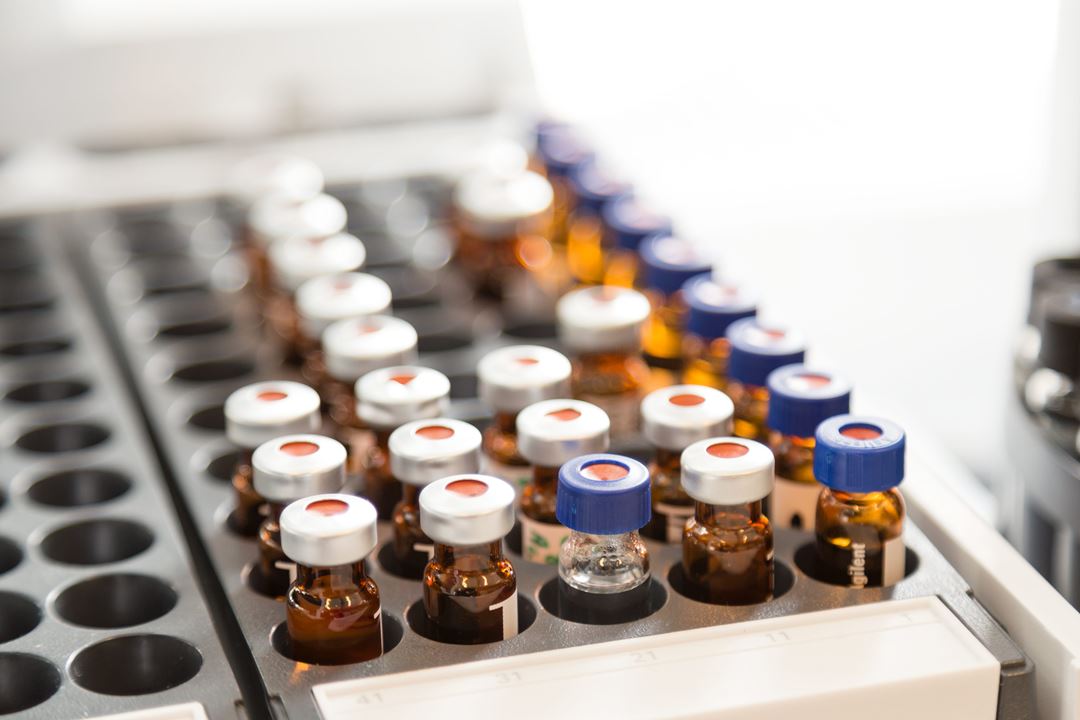With traditional medication only 0.001-0.01% of the dose reaches the diseased site, the surplus leading to severe systemic toxicity. There is therefore a high need for novel targeted treatments. Nanomedicines are complex systems in the nano range composed of at least two components, whereof one is the active drug and another one is tailored for effective delivery of this drug in the body. Nanomedicines have a large potential to increase targeting and efficiency of drug delivery and thereby reduce the amount of drug necessary and to reduce side effects. In spite of high research activity in the field of nanomedicine, only a few nanomedicine products have reached the market to date. One of the bottlenecks for translation of these products experienced by industry and academia is the availability of standardized, reliable characterization methods. Without reliable, reproducible data on toxicity and efficiency, permission for clinical trials and later market launch is not given.
In the EU-NCL project, seven analytical facilities from France, Italy, Germany, Ireland, UK, Switzerland and Norway have partnered and will offer transnational access to their existing analytical services for public and private nanomedicine developers. In addition, new or improved analytical assays will be developed to keep EU-NCL at the cutting edge of nanomedicine characterization. In the US a similar facility has existed in 10 years already (US-NCL). US-NCL is an additional partner in the project to get a flying start and faster international harmonization of analytical protocols. SINTEFs contribution to the project are in vitro cell-based toxicology assays and some physical and chemical analyses. SINTEF has over a period of many years invested in state-of-the art laboratories for cell-based assays, also in robotized high-throughput form, as well as laboratories for analytical MS-based analyses. These laboratories will be further used and further extended in this project.
EU-NCL is an infrastructure project in the HORIZON2020 program and is funded under the Grant Agreement No 646272. Patrick Boisseau from CEA (France) is the coordinator.

